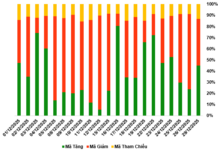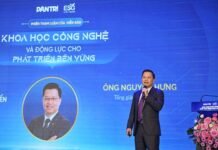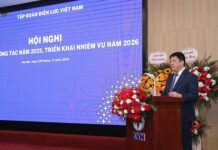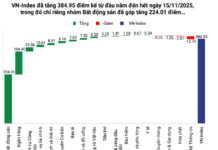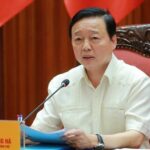Amending land, planning, and real estate laws must ensure coherence and consistency, unlocking resources and transforming legal frameworks into drivers of development.
On September 18th, at the Communist Party of Vietnam’s Central Headquarters, General Secretary Tô Lâm chaired a meeting with the Standing Committee of the Government Party Committee. The agenda focused on four draft laws: the Law Amending and Supplementing Certain Articles of the Land Law, the Planning Law, the Urban and Rural Planning Law, and the Investment Law.
Turning Legal Frameworks into Competitive Advantages
Attendees included Politburo Member and Government Party Committee Secretary Prime Minister Phạm Minh Chính, Politburo Member and Central Committee Secretary Nguyễn Duy Ngọc, Head of the Central Inspection Commission, and Politburo Member and Standing Deputy Secretary of the Government Party Committee Deputy Prime Minister Nguyễn Hòa Bình.
In his opening remarks, General Secretary Tô Lâm emphasized the need for meticulous consideration of issues during the amendment of the four laws. Given the complexity of the topics, collective intelligence and dedication are essential. He stressed that amendments must ensure legal consistency, unlock resources, and position legal frameworks as competitive advantages and robust development drivers.
Regarding the Law Amending and Supplementing Certain Articles of the Land Law, General Secretary Tô Lâm urged a comprehensive identification of practical challenges to develop holistic, systematic solutions. Key perspectives, directives, and policies should align with related laws on taxation, housing, real estate, planning, geology, and minerals. The Government Party Committee must lead relevant agencies in expediting reports, proposing solutions to land-related legal hurdles, and ensuring harmonious resolutions.
The General Secretary highlighted the Land Law’s significance, noting its broad impact on state, citizen, and business interests. Its amendment is a critical, urgent task requiring substantial resources and time for effective implementation. He cautioned against creating contentious issues or disputes that could disrupt political stability or allow hostile forces to distort policies.
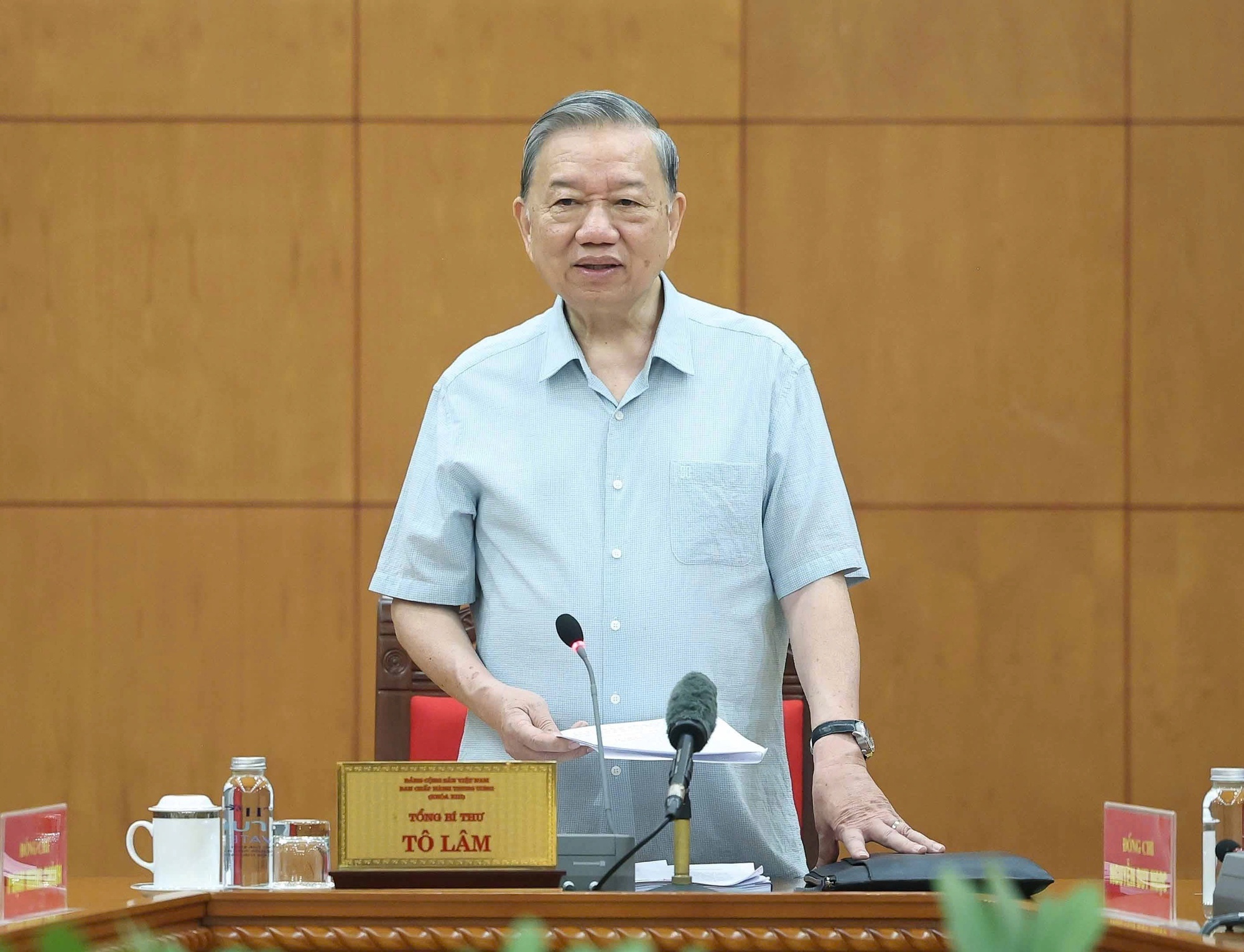
General Secretary Tô Lâm warns against hostile forces exploiting amendments to the Land Law. Photo: TTXVN
Radically Cutting Business Conditions
Discussing the Investment Law, General Secretary Tô Lâm emphasized compliance with Resolution 68/2025 of the Politburo on private sector development. The law should foster a transparent, stable, secure, and cost-effective business environment, meeting international standards and enhancing regional and global competitiveness. It must address existing bottlenecks and support business growth.
He advocated shifting from pre- to post-inspection, focusing on national defense, security, public order, social ethics, and public health. Business conditions should be drastically reduced in line with Party and state policies.
The General Secretary also called for the Investment Law to incorporate policies on renewable energy, nuclear energy, and new energy sources from Resolution 70/2025 on national energy security through 2030, with a vision to 2045.
For the Planning Law, he urged conflict resolution among plans to streamline investment projects. The law should reflect national development vision, promote long-term infrastructure, and guide overall progress.
The Urban and Rural Planning Law, closely tied to the Land Law and other amendments, requires thorough review to address practical challenges and ensure legal coherence.
Focusing Resources on Perfecting Draft Laws
General Secretary Tô Lâm directed the Government Party Committee to allocate resources and expertise for high-quality draft laws. The Party Central Office will compile meeting reports for Politburo review.
Unraveling Land Valuation Hurdles: Ho Chi Minh City’s Push to Clear 100 Project Bottlenecks
In the realm of land valuation in Ho Chi Minh City, nearly 100 real estate projects face significant challenges. The primary hurdle lies in gathering historical data necessary for precise land price determination, a task that has proven to be nearly insurmountable in practice.
The Billionaire’s Clean Project Hunt
“Savvy investors know that when it comes to choosing a project, it’s all about legal peace of mind. The majority of discerning investors will prioritize projects that have their legal ducks in a row, or are at the very least, a hair’s breadth away from completion. This provides an assurance that their investment is secure and that the project is legitimate and compliant with all necessary regulations.”


